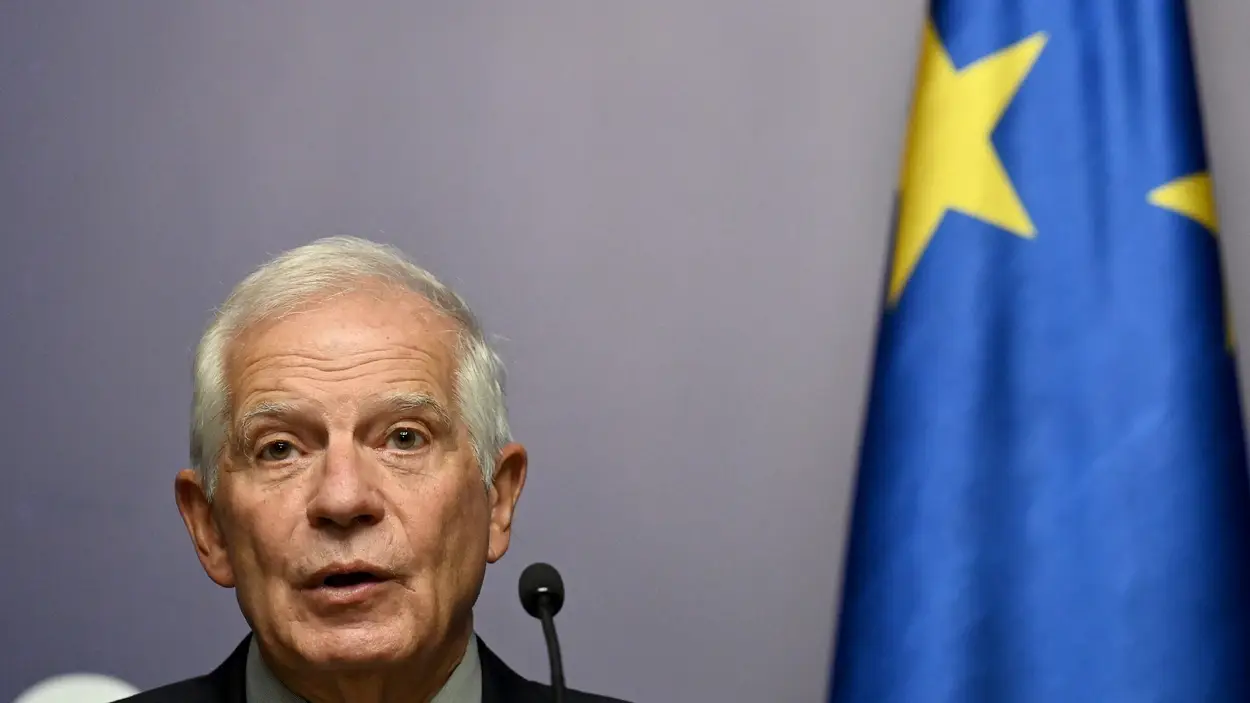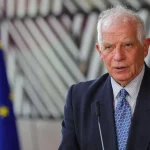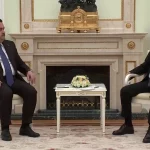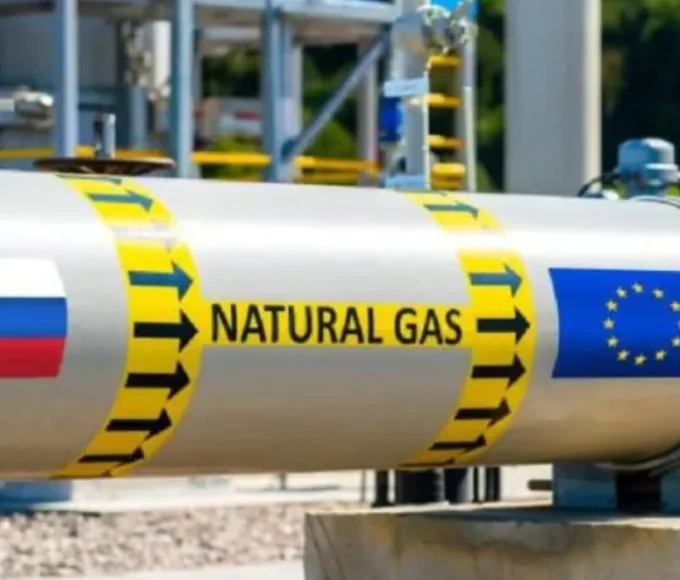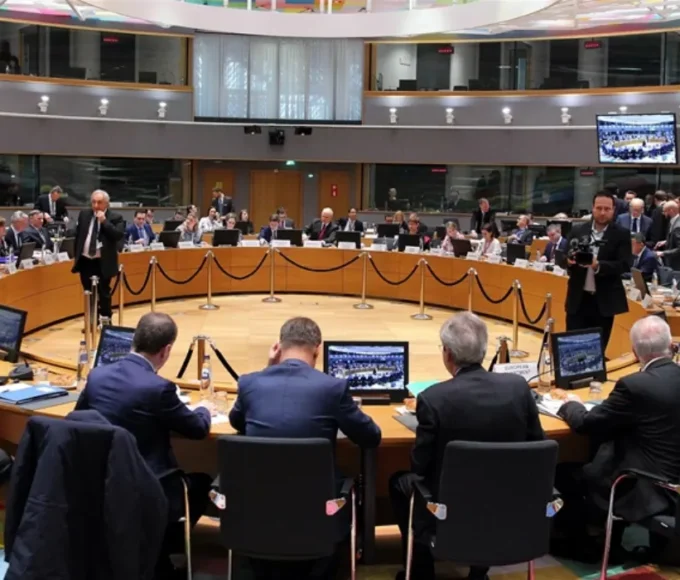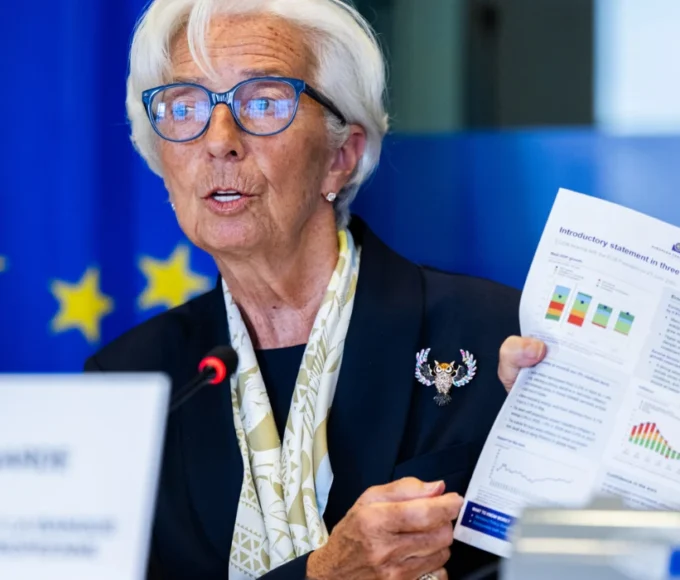EU foreign policy chief Josep Borrell arrived in China on Thursday to champion the EU’s “risk reduction” strategy with its main trading partner and lay the groundwork for a summit this year
This visit comes a few days after the outbreak of the Israel-Hamas war, over which Mr Borrell called an emergency meeting of European foreign ministers.
On this issue, China called on all parties to “cease fire”.
“I have just landed in China to co-chair the EU-China strategic dialogue with my counterpart, Minister Wang Yi,” Josep Borrell said on his official account on the social network X (formerly Twitter).
Mr. Borrell’s visit, which had been postponed twice this year, is scheduled to last until Saturday and address issues such as bilateral relations, international issues and trade.
In particular, he must meet with the Chinese Minister of Foreign Affairs, Wang Yi.
According to the European Union, this visit by its High Representative for Foreign Affairs, the latest in a series of high-level dialogues with Beijing, “should lead to an EU-China summit later this year” .
Sino-European relations have been strained since Russia’s invasion of Ukraine in February 2022 because Beijing, which calls for respect for the territorial integrity of all states, has however not condemned Moscow.
– “New momentum” –
Brussels is trying to reconcile its desire to be less dependent on the Asian giant, particularly economically, with maintaining strong ties with the world’s second largest economy on trade, the climate and even human rights.
European Commission President Ursula von der Leyen said the EU wanted “risk reduction” with China but not “decoupling” — a latter term that refers to a deeper breakdown in relations.
“China welcomes the visit of High Representative Borrell” which “will give new impetus to the joint efforts of the two sides to address global challenges and maintain peace and stability in the world,” welcomed Wednesday Wang Wenbin, a foreign minister. – spokesperson for the Chinese Ministry of Foreign Affairs.
“While the international situation is unstable and global challenges are multiplying, only solidarity and cooperation will enable the international community to better meet them,” he stressed during a regular press briefing.
“As two major global forces, two major markets and two major civilizations, China and Europe have broad common interests,” he said.
Coming to China on an official visit in April, Ursula von der Leyen announced last month the opening of an EU investigation into the support and subsidies of the Chinese authorities to national manufacturers of electric automobiles.
– Litigation –
A measure justified by the desire to defend European industry against vehicles sold according to it at “artificially low prices” on world markets.
China denounced the investigation, stressing that it would damage its trade relations with the European Union. “This is nothing other than pure protectionism,” judges Beijing.
The Asian giant has been banking on electric engines for a long time and has taken a lead over Europe, particularly in battery technologies.
Its manufacturers rely on their immense domestic market, the first in the world, to now conquer the European continent thanks to the strong economies of scale from which they benefit.
At the beginning of October, the EU also unveiled a list of strategic areas which must be better defended against states considered rivals like China – notably artificial intelligence.
Josep Borrell’s visit should also make it possible to address the war in Ukraine. China presents itself as a neutral party in the conflict, a position criticized by the EU.
The European Commissioner for Trade, Valdis Dombrovskis, declared last month during a visit to China that Beijing’s refusal to condemn the Russian invasion “harms the image” of the country.
This article is originally published on laprovence.com


